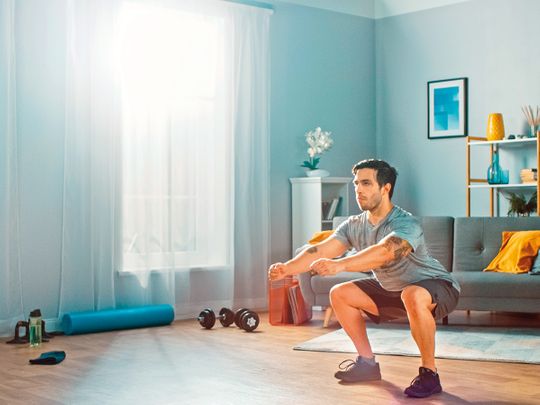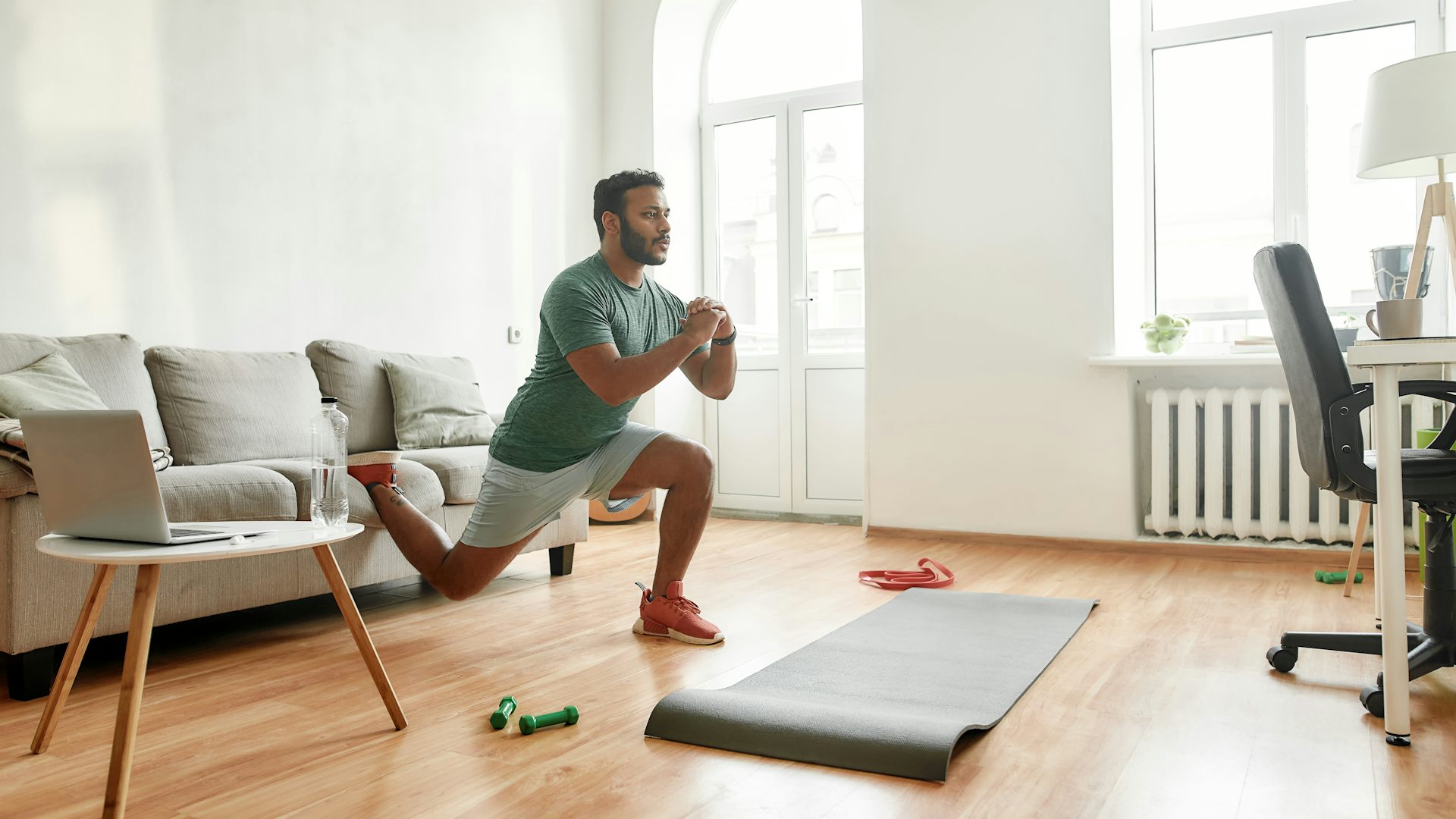Throughout recent years, the American Heart Affiliation and other wellbeing associations have been cautioning the public that sitting kills. An excess of inactive time improves the probability of coronary illness, diabetes, and demise. Sitting has been known as the "new smoking," per the Cleveland Center, and a "quiet executioner," per research.
A huge new review, in view of wellbeing information from almost a portion of 1,000,000 grown-ups, adds to those alerts, in the wake of finding that people who overwhelmingly sit at work had a 16 percent higher gamble of mortality from all causes, and a 34 percent higher gamble of death from coronary illness contrasted and the people who dominatingly didn't sit.

A little movement every day, in any case, may go far toward cutting that gamble. The examination, distributed in JAMA Organization Open, recommends that consistent sitters who participate in an extra 15 to 30 minutes of actual work each day could bring down their probability of biting the dust to similar level as individuals who for the most part don't sit at work.
"The serious dangers related with delayed word related sitting can be moderated by consolidating ordinary breaks and taking part in extra actual work," composed Chi-Ache Wen, MD, PhD, with the Foundation of Populace Wellbeing Science at the Public Wellbeing Exploration Organization in Taiwan, and his review coauthors. "Fundamental changes, like more regular breaks, standing work areas, assigned working environment regions for active work, and rec center enrollment benefits, can assist with decreasing gamble.
Short Measures of Movement Can Give Large Wellbeing Gains
For the review, Dr. Wen and his teammates followed close to a portion of 1,000,000 grown-ups matured 20 and more established living in Taiwan. The scientists recorded around 26,000 passings over a normal subsequent time of almost 13 years. A sum of 15,045 (57 percent) of these passings were among the individuals who generally sat working. None had cardiovascular infection analyze toward the start of the review.

As per survey reactions, members were ordered in three gatherings depicting their sitting status at work: for the most part sitting, rotating sitting and nonsitting, and generally nonsitting. Concentrate on subjects additionally gave data portraying their degrees of active work.
Specialists noticed that people generally sitting at work had fundamentally higher dangers by and large than those rotating sitting and nonsitting, and those for the most part nonsitting. The dangers among the substituting sit and nonsit bunch and the nonsitters were comparable.
The review results show that the people who overwhelmingly sit at work and participate in low active work — going from under 15 minutes to 29 minutes day to day — fundamentally benefited by adding somewhat greater development to their day. For this populace, an extra 15 to 30 minutes of everyday actual work cut their gamble of kicking the bucket to a level equivalent to the individuals who overwhelmingly don't sit at work.
The discoveries support past examination demonstrating the way that short episodes of action can leave a significant mark on the probability of passing on right on time for the people who are for the most part inactive. The Actual work Rules for Americans suggests that every week grown-ups in a perfect world get something like 150 minutes of moderate-power high-impact actual work or 75 minutes of lively power active work, or a comparable blend.
Tracking down Straightforward Ways Of integrating Activity Into Your Everyday existence
The concentrate truly features that to be better, you need to initially see the amount you are moving or not moving," says Anand Rohatgi, MD, a preventive cardiologist and a teacher of medication at UT Southwestern Clinical Center in Dallas, Texas. "Then put forth a few objectives to do somewhat more as for standing, strolling, moving, and more real activity.

For Dr. Rohatgi, the examination shows that consistent sitters might profit from basic work breaks that don't need controlled practice meetings, like making time to stand up at your work area or taking a 10-minute walk at regular intervals.
Jay Dawes, PhD, an academic administrator of applied practice science at Oklahoma State College in Stillwater, urges individuals to track down ways of slipping greater action into their day, for example, using the stairwell, stopping farther away from store and working environment passageways, and strolling during telephone gatherings.
He adds that people ought to integrate an equilibrium of solidarity building and extending into their everyday exercises alongside cardiovascular activity. "Simply having some base degree of solidarity is truly important,"says Dr. Dawes.
His general focal point from the review is that any action can have an effect with regards to further developing wellbeing. "The key is to simply follow through with something," he says.










